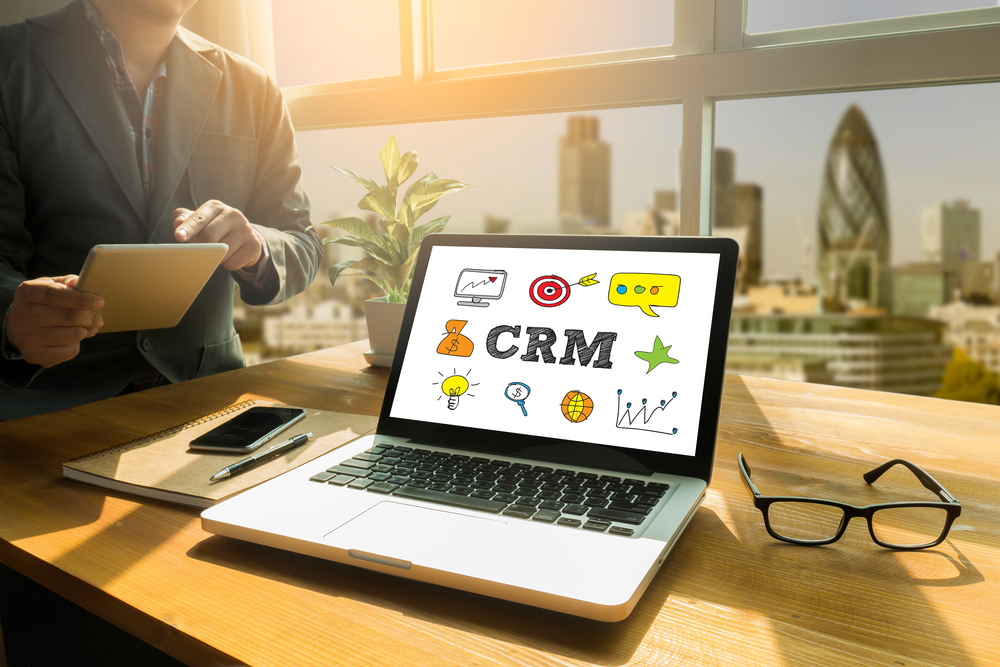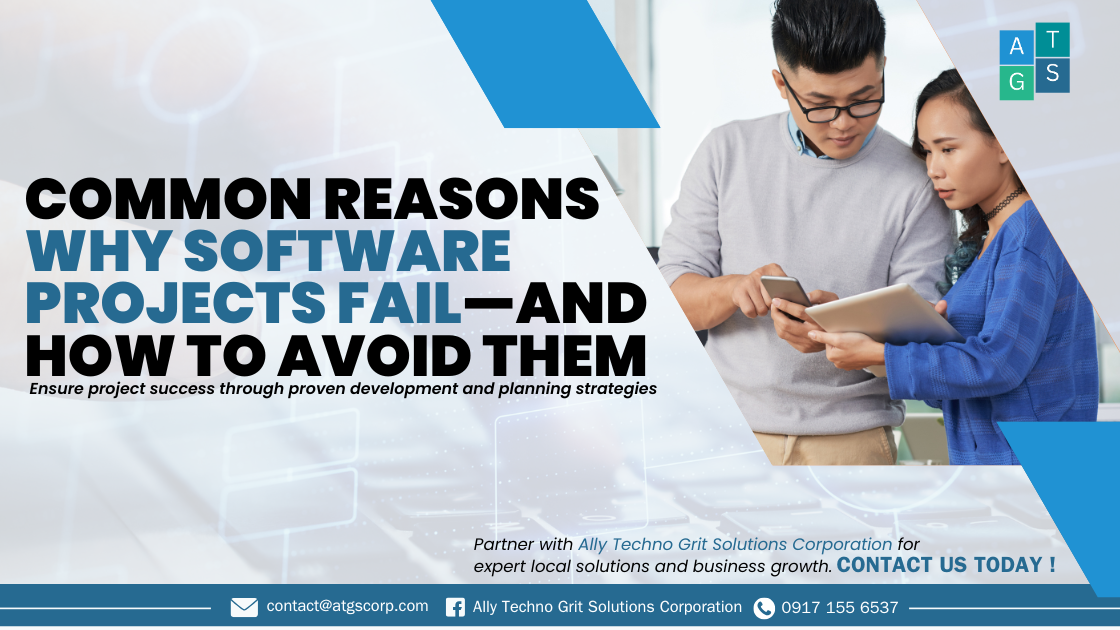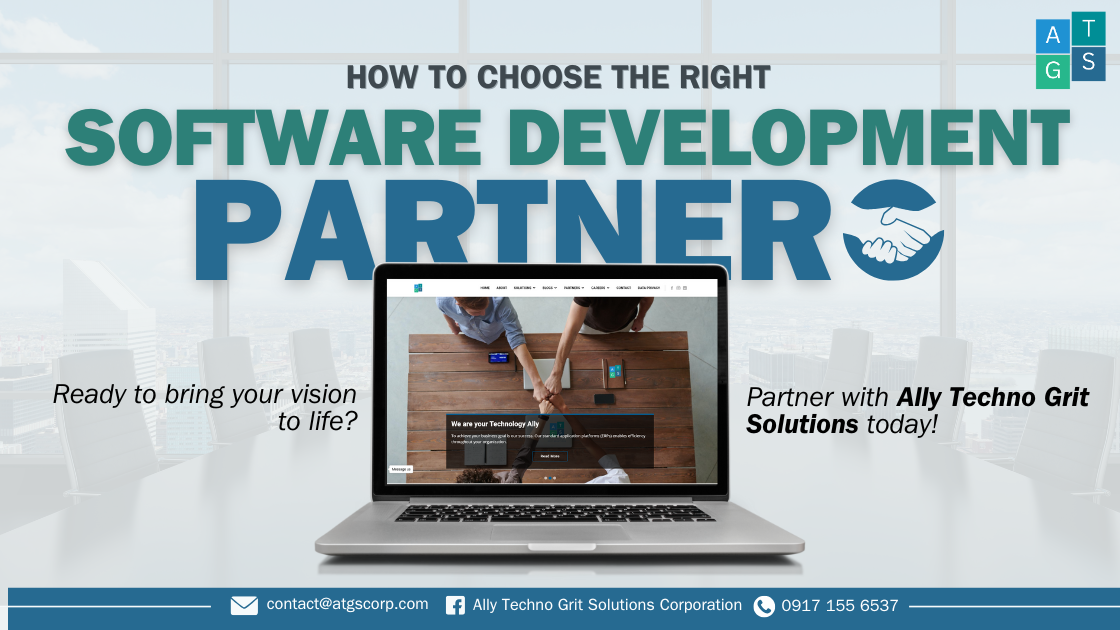Cloud CRM
On their servers, the service provider develops and maintains cloud CRM software. The service is accessed via a browser over the internet, allowing you to deploy it without having to install any software on your company's PCs.
On-premise CRM
On-premise CRM often entails installing software on all essential devices on your local network and setting up servers in your company. Your IT department will now be exclusively responsible for upgrades, customization, and maintenance.
INFRASTRUCTURE
Cloud- Other than a browser and a good internet connection, no extra infrastructure is required.
On-premise- It is necessary for you to set up servers on your company's facilities.
ACCESSIBILITY
Cloud- Anywhere, on any device, you may access your CRM data. CRM providers offer a mobile app for access while on the go.
On-premise- Your data is stored on local servers and is only accessible by devices connected to your local network. Building mobile applications necessitates an additional investment of both time and money.
TRIAL
Cloud- Cloud CRM provides free trials so you may try out the software and see whether it matches your requirements.
On-premise- there is no trial available because the application requires on-premises infrastructure to run.
COST
Cloud- You can pay a monthly or annual subscription cost for your total number of users using a pay-as-you-go plan.
On-premise- there is a significant up-front cost for server and software installation, as well as a monthly software licensing fee.
CUSTOMIZATION
Cloud- Customization possibilities vary depending on the provider, but they are usually easily available and simple to use.
On-premise- The deployment is more time-consuming and labor-intensive.
INTEGRATION
Cloud- APIs and other corporate applications can be easily integrated.
On-premise- Depending on the provider, but professional expertise and additional costs are required.
SECURITY
Cloud- Vendors are committed to ensuring the safety and integrity of your data through comprehensive security measures and access control.
On-premise- Your company will be in charge of keeping track of and safeguarding user information. To maintain your security and privacy safeguards up to date, you will need to invest a team and significant resources.
A decade ago, enterprises preferred on-premise CRMs over cloud CRM software, with 88 percent of buyers opting for on-premise CRM. However, 87 percent of firms now choose a cloud CRM tool over an on-premise option.
If you want your data to be accessible at all times and the ability to scale up and down with ease, cloud CRM software is the way to go. Small businesses can also embrace a cloud CRM and become more productive without breaking the bank.
Things to consider when implementing a CRM
Before choosing customer management software for your company, there are a few things to think about:
Usability
The fact that teams are uncomfortable with using new technology is typically what prevents firms from embracing it. As a result, it's critical to make sure that the CRM you select has a simple interface, a positive user experience, and is simple to learn for everyone who will be using it.
Customization
Every business has its own processes and requirements. A CRM that can be quickly adjusted to match those needs would be excellent for your company. By adding more modules, developing custom processes, automating repetitive operations with workflows, and more, a CRM may be sculpted to suit your company process.
Scalability
If your company wants to develop year after year, the CRM needs to be able to grow with your team and business by enabling extra modules and bespoke procedures, as well as integrating with third-party applications.
Mobility
We now live in a world where mobile internet traffic has surpassed desktop internet traffic. If you have a field sales staff, it's critical that they have constant access to customer information. This helps them to be more mobile, close deals faster, and keep everyone informed.
Security
With data security concerns at an all-time high, a cloud CRM with safe data centers and industry-standard security measures helps you to keep doing business without worrying about your customers' information being compromised.
Migration
If you have all of your data on excel sheets or are using another CRM, it should be easy to import it into the new CRM software and get your firm up and running as quickly as possible. For the CRM you wish to implement, this migration procedure must be quick and easy to complete.



-1748399375.png)

-1742456856.png)

 (19)-1723771883.png)
 (17)-1721953744.png)